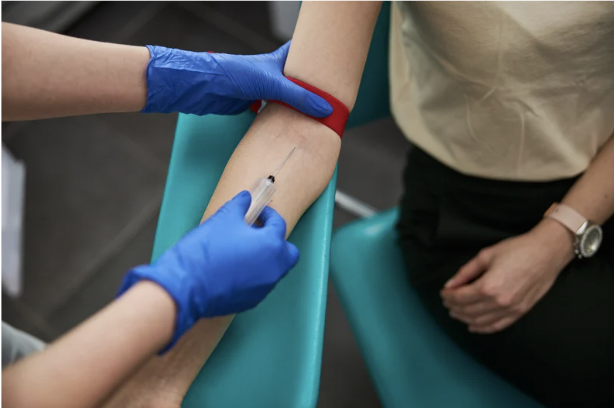Consuming Fish Oil May Prevent Heart Disease, Not Cancer – Study
It is conventionally stated that fish oil has several health benefits; hence, many of us pop omega-3 supplements on regular basis. But a recent study has found that we are half way correct. Fish oil supplements may help in slightly reducing heart diseases, but has no role to play in reducing cancer risks. For the unversed, fish oil is derived from the tissues of certain types of ‘oily’ fish like salmon, tuna, herring and mackerel, which are known to be reliable dietary sources. The study rather states that consuming omega-3 supplements may increase the risk of some cancers instead of reducing it. The findings were outlined in two reviews published in the British Journal of Cancer and the Cochrane Database of Systematic Reviews.
As per a report in IANS, the findings state, “omega-3 supplements may slightly reduce coronary heart disease mortality and events, but slightly increase the risk of prostate cancer.” However, both the beneficial and harmful effects are small. Lead author Lee Hooper from the University of East Anglia’s Norwich Medical School in Britain said, “these large systematic reviews included information from many thousands of people over long periods,” adding, “this large amount of information has clarified that if we take omega 3 supplements for several years we may very slightly reduce our risk of heart disease, but balance this with very slightly increasing our risk of some cancers. The overall effects on our health are minimal.”
For example, as per the study, “if 1,000 people took omega-3 supplements for around four years, three people would avoid dying from heart disease, six people would avoid a coronary event (such as a heart attack) and three extra people would develop prostate cancer.”
However, small amount of fat is essential for good health and that can easily be found in the food we intake on a daily basis (nuts, seeds, fish etc.).
(This content including advice provides generic information only. It is in no way a substitute for qualified medical opinion. Always consult a specialist or your own doctor for more information. NDTV does not claim responsibility for this information.)





